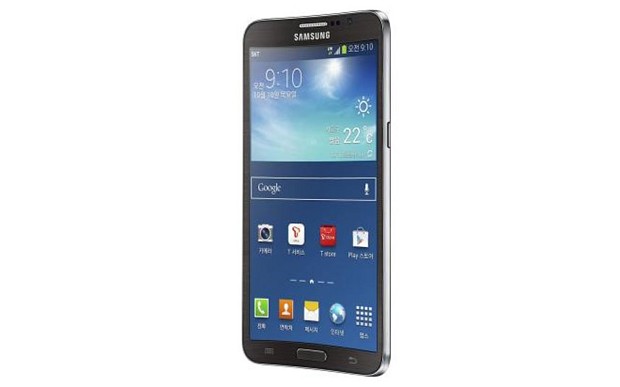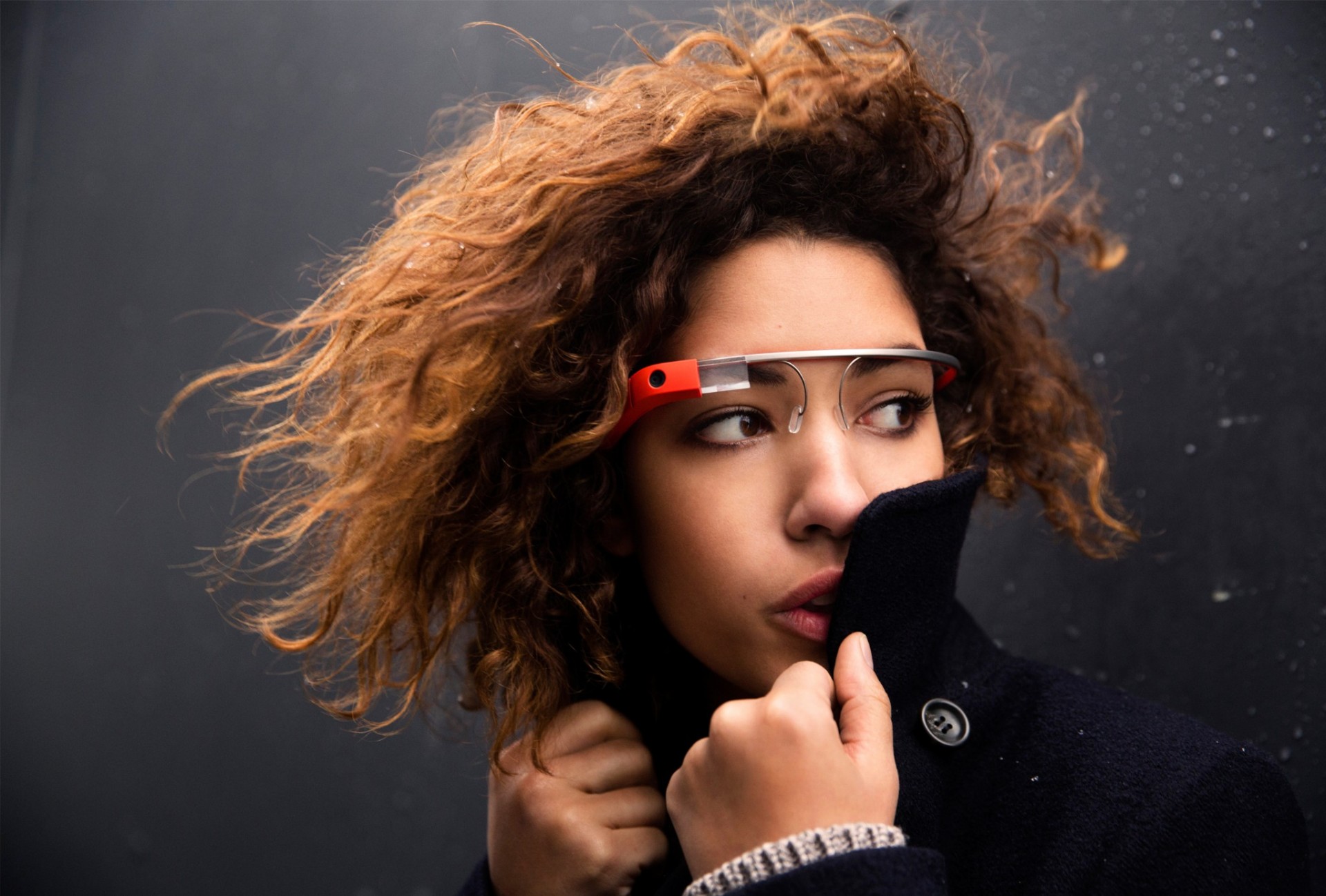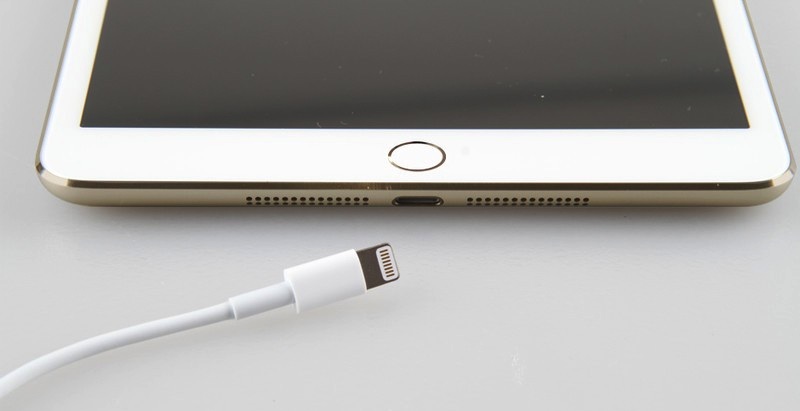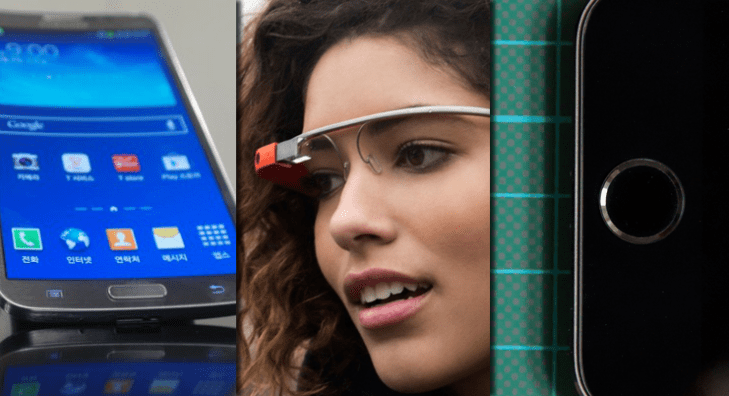There’s a new rhythm to product releases among the biggest players in mobile tech, and increasingly, Samsung is building a reputation as the most brash and quick-to-act of what I would call the ruling triumvirate, which also includes Google and Apple. Google plays the reasoned experimenter, Apple hangs back and refines the best ideas to come out of the market, but Samsung increasingly seems willing to absorb the costs of diving headlong into new territory, just to prove it can.
Lead
 The Samsung Galaxy Round is the latest from the Korean smartphone maker, and it’s a Chimera if there ever was one. This $1,000 boondoggle has a curved face, and otherwise resembles a Galaxy Note, except with a $1,000 price tag. The screen seems to have little benefit beyond hugging a thigh better when ensconced in the pocket of jeans, or fitting the curve of a palm slightly more comfortably. But it’s a world first, and that seems to be what Samsung is most concerned with. The company also has a reputation for copying the successes of its rivals, most notably Apple, but now it also shows itself willing to charge ahead, perhaps even incautiously.
The Samsung Galaxy Round is the latest from the Korean smartphone maker, and it’s a Chimera if there ever was one. This $1,000 boondoggle has a curved face, and otherwise resembles a Galaxy Note, except with a $1,000 price tag. The screen seems to have little benefit beyond hugging a thigh better when ensconced in the pocket of jeans, or fitting the curve of a palm slightly more comfortably. But it’s a world first, and that seems to be what Samsung is most concerned with. The company also has a reputation for copying the successes of its rivals, most notably Apple, but now it also shows itself willing to charge ahead, perhaps even incautiously.
In the first three sentences of Samsung’s press release on the Round, it uses “world’s first,” “mobile display innovator,” and “pioneering” in reference to the device, and specifically to its curved display and flexible Super AMOLED technology. Only deeper into the release do we get any sense of what the Round offers smartphone users that another phone in its lineup might now, but these seem to be mostly glommed on software tidbits, rather than anything revolutionary.
The Round isn’t Samsung’s first attempt to be a market pioneer. The Galaxy Gear smartwatch, while not the first smartwatch available, was certainly the most ambitious to date and the first one that arguably met up with the concept of a fully-formed wrist-wearable computer, too, with dedicated Android apps running right on it. And again, the emphasis here wasn’t on what this tech brought to a user, but on the fact that it existed at all; Samsung essentially took an advanced prototype, charged too much for it and released it to the public, which is exactly what it’s doing with the Galaxy Round.
Test
 Google is also fond of doing something similar. The Chromebook Pixel, for instance, is a touch-based notebook with Chrome OS and a high-resolution screen that retails for an absurd $1,600. And Glass is an even more precious beast, offering face-based computing to a select small group of beta testers for the low, low-cost of $1,500. But Google’s efforts seem designed more like its software product launches – beta versions of products or product ideas it’s refining into something more palatable for a general audience. Samsung, by contrast, seems like it’s rushing out tech demos masquerading as fully-formed consumer devices.
Google is also fond of doing something similar. The Chromebook Pixel, for instance, is a touch-based notebook with Chrome OS and a high-resolution screen that retails for an absurd $1,600. And Glass is an even more precious beast, offering face-based computing to a select small group of beta testers for the low, low-cost of $1,500. But Google’s efforts seem designed more like its software product launches – beta versions of products or product ideas it’s refining into something more palatable for a general audience. Samsung, by contrast, seems like it’s rushing out tech demos masquerading as fully-formed consumer devices.
When Google introduces a “Beta” product, it’s doing the same thing companies have done for ages with their software and hardware products, but Google is arguably the first to do so on a massive scale, using its millions of customers as the beta testing group. You can view the current crop of Chromebook devices as A/B testing, look at evolutions of Nexus devices as limited market feature releases, and generally see their product lineup as a participatory lab that includes, potentially, nearly everyone on the planet with Internet access.
Refine
 Finally, Apple ends up looking like the most patient of the three, the one that’s content to do R&D behind closed doors and to watch the successes and failures of its rivals for clues as to where to go next. Which isn’t to say Apple isn’t innovative; in fact, its innovations are probably the most impressive because of their ability to actually impact day-to-day device usage. The fingerprint scanner, for example, is not new in concept or necessarily in design, but its execution is polished and tied to a usability paradigm that actually works for the mass-market consumer, unlike fiddly ones attached to laptops or whatever else we’ve seen in the past.
Finally, Apple ends up looking like the most patient of the three, the one that’s content to do R&D behind closed doors and to watch the successes and failures of its rivals for clues as to where to go next. Which isn’t to say Apple isn’t innovative; in fact, its innovations are probably the most impressive because of their ability to actually impact day-to-day device usage. The fingerprint scanner, for example, is not new in concept or necessarily in design, but its execution is polished and tied to a usability paradigm that actually works for the mass-market consumer, unlike fiddly ones attached to laptops or whatever else we’ve seen in the past.
Likewise, Apple resisted the urge to jump in feet first on NFC, saw the tech develop through the trials and tribulations of Google the Experimenter, and eventually took the most valuable lessons and folded them into the iOS use of Bluetooth Low Energy and iBeacons, which look at least initially to be far more generally relevant, useful and widely adoptable technologies than NFC ever was. The iPad wasn’t the first tablet, just the first tablet to get it right.
Of course, there’s merit in each of the roles: The First gets the ball rolling, and can provide a cautionary example; the Experimenter can manage R&D and user group testing on a scale unheard of before; and the Refiner stands ready to turn the most promising innovations into something people actually want to use, instead of something that just has the potential for usefulness.
